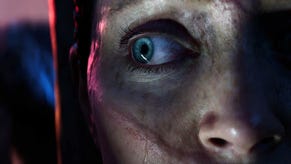Xbox in 2015: A textbook year, but it's time to innovate again
And then there was One.
It is time, probably, for all of us - and by us I mean gamers, the gaming press, this site, myself - to move on. To stop bringing it up. The bungled launch of Xbox One two years ago has had a profound effect on the fortunes of Microsoft's gaming brand, but it is a closed book. It is far enough in the past that Xbox reps can now bring it up in conversation with a wry, amused, amazed shake of the head and shrug of the shoulders. And in the here and now, for gamers, it is a practical non-issue.
The controversial motion sensor Kinect is optional, not to say forgotten (off the top of my head, I can't think of a single game released for it this year). The console is commercially and, as near as makes no difference, technically competitive with its PlayStation rival: it's available at keen prices in attractive bundles and it has a rapidly expanding library of handsome, well-optimised games. Xbox Live gamers enjoy a reliable and good value service with great fringe benefits. There's a new Halo.
Xbox feels once again like a platform run by gamers for gamers, because that's exactly what it has been since former Microsoft Studios boss Phil Spencer took the reins over a year and a half ago. This year, Spencer's team scarcely put a foot wrong as they put damage limitation and U-turns behind them and got down to business as usual.
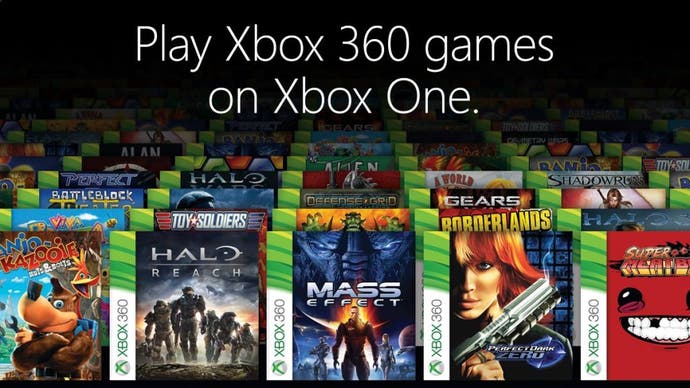
Granted, the first half of the year was very quiet when it came to exclusive Xbox games - for a while it seemed like the most anticipated, and ultimately disappointing, releases on the console were patches for the beleaguered Halo: The Master Chief Collection. But Xbox One was steadily becoming a more and more attractive place to hang out and play games. You had tempting downloads like the beautiful indie platformer Ori and the Blind Forest, or the clever film tie-in Forza Horizon 2 Presents Fast & Furious. You had the free Games With Gold, which caught and then arguably surpassed PlayStation Plus as a subscription sweetener with a vastly improved line-up where intriguing indies like Massive Chalice rubbed shoulders with well-timed chances to catch up with recent Metal Gear Solid and Tomb Raider games. Sony's decision to spurn EA Access, which offers a library of recent EA games as well as demos of new releases for a subscription fee, also started to look suspect: it's a good deal in its own right and a worthy contributor to the Xbox ecosystem.
Then, at E3 in June, Spencer capped off a charm offensive aimed at rebuilding the trust of the Xbox faithful by announcing backwards compatibility with Xbox 360. The slow roll-out of compatible games has attracted some criticism since it launched last month, but unfairly so. The initiative is a not inconsiderable engineering challenge, undertaken at no cost to players, for the sake of keeping great games available as well as making Xbox One look more attractive. It's generous, fair, and good for business, and it shames the competition. (And it means I can play Hexic, Clash of Heroes and Pac-Man Championship Edition without having to plug in my 360.)
The announcement was the highlight of Xbox's E3, but also characteristic of it. Sony generated more headlines with a festival of sweetly sentimental wish-fulfilment that carried the sour tang of vapourware: I don't know when we'll be playing The Last Guardian, Shenmue 3 or the Final Fantasy 7 remake, but it probably won't be in 2016, and it's still conceivably never. Spencer, by contrast (and ignoring the distracting mirage that is HoloLens), made promises of substance: backwards compatibility and an early access scheme by year's end; good games this year, better games next; and the rehabilitation of Microsoft Studios' jewel in the crown, Rare, first in the fulsome nostalgia of Rare Replay, and later in the promising Sea of Thieves.
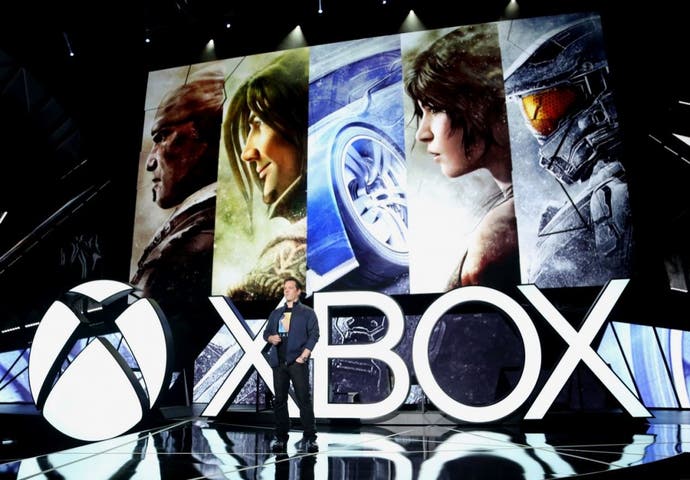
Buoyed, Microsoft powered toward the end of the year in determined and confident mood. PlayStation 4 was still comfortably outselling Xbox One, but Sony was coasting (it still is), clearly struggling to get its first-party studios in line as several major exclusives languished in development hell. No such issues for Xbox, which had several big guns ready for Christmas, a first for either console this generation. Forza Motorsport 6, Halo 5: Guardians, Rise of the Tomb Raider and a remaster of the first Gears of War all hit their marks and were all conspicuously well made. The only slip was scheduling Rise of the Tomb Raider's release directly against the inevitable behemoth Fallout 4, a hype fight it couldn't hope to win. I didn't enjoy the game as much as most, but it certainly deserved better than to be drowned out. It must be a bitter irony for Xbox that Rise stands a better chance of being noticed on its eventual PC and PS4 releases next year.
Still, it has been a textbook year from Xbox. I remember an acquaintance of mine, who works at Sony Computer Entertainment Europe, reflecting on the Xbox One launch. After admitting his team's good fortune and undisguised schadenfreude, he cautioned against complacency; Microsoft was, he said, a "redoubtable competitor" that would stay the course and do everything it could to cost its rivals dear. This is exactly what he meant.
And yet, despite a near-faultless performance, Microsoft has struggled to impede PlayStation 4's runaway sales momentum and has watched from the sidelines as Sony hoovered up choice marketing tie-ins with Call of Duty, Destiny and Star Wars. Small wonder that the company wants to move the conversation on from sales figures, and fair enough, too: unless Xbox One is a disaster on the scale of the Wii U or Dreamcast, which it clearly isn't, what does it matter to the rest of us?
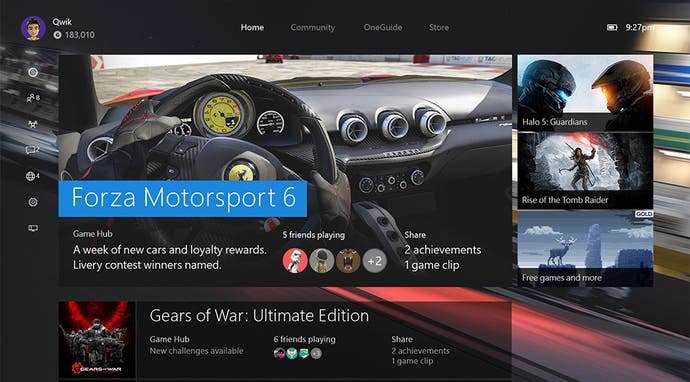
The bigger issue, I think, is that the current management's back-to-basics crusade, as it has attempted to repair its reputation with gamers, has pushed Xbox into a position of conservatism. It's understandable, but perhaps unhelpful. Doing things by the book is a double-edged sword; it gets the job done, but it closes off avenues of surprise and innovation. That was apparent in the trio of year-end exclusives that didn't manage to cash the currency of their famous names in for palpable excitement or big box office. Forza 6 was just about correcting the mistakes made by Forza 5, Rise of the Tomb Raider was a polished middle-of-the-road everygame, and Halo 5 made only a partial argument for the great series' continuing relevance. Does an exclusive, mainstream blockbuster really drive console sales any more? We haven't seen a recent example of it. Sony's strategy of chasing critical plaudits and hardcore hype with more esoteric games like Bloodborne and No Man's Sky, while letting third-party publishers do the heavy lifting, is beginning to look like a smarter play, however accidental it has been.
Thankfully, there's every reason to believe that Microsoft realises this. As well as a new Gears of War, Xbox's future exclusive line-up boasts a technically bold revival of Crackdown and a bevy of originals, some of them quite off-the-wall: Below, Cuphead, Inside, Scalebound, Quantum Break, Recore, and most thrillingly, Sea of Thieves, which doesn't just promise the return of Rare but also hints at a future beyond the console for the Xbox brand, as it will allow cross-platform play with Windows PCs. Despite having consoles to flog, Spencer was happy to do his bit to promote Windows 10 this year, and his open-minded stance seems a wise precaution in the face of an uncertain future. (Although it's worth remembering that we've been here before; remember Shadowrun?)
When all's said and done, Xbox has done its penance; Spencer and his team have earned our renewed trust. It's time for Microsoft's gaming initiative to innovate again, as it did so brilliantly with its first two consoles. And there are encouraging signs that, in 2016, it will do just that.







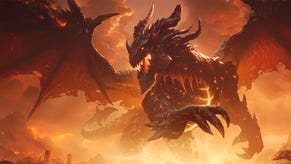
.png?width=291&height=164&fit=crop&quality=80&format=jpg&auto=webp)
